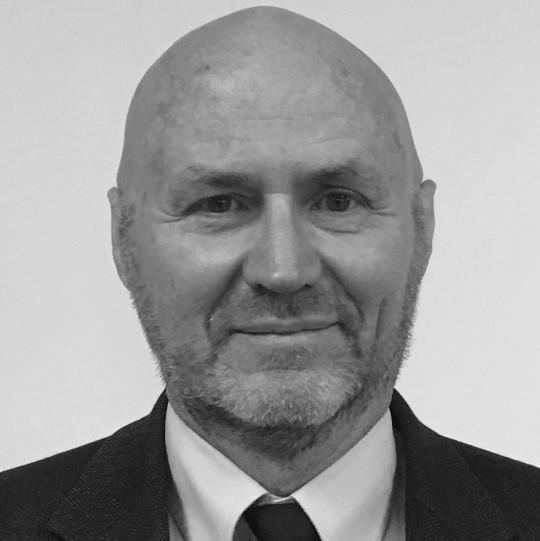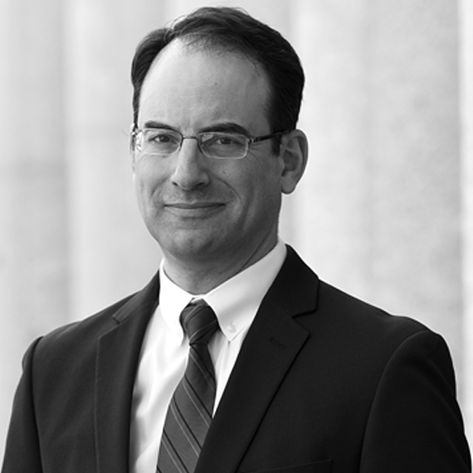Silicon Flatirons 2025 Flagship Conference
The role of regulators and governance structures in telecommunications and technology policy today looks markedly different from a decade ago. Indeed a New Federalism has emerged. With limited Congressional action on critical issues such as data security, privacy, and artificial intelligence (AI), U.S. states are increasingly proactive in formulating and enforcing their own technology policies. This shift in regulatory power raises important questions about institutional competence, coordination among jurisdictions, and the future role of federal agencies and the judiciary in shaping technology policy.
Internationally, other regions and countries are asserting themselves as leaders in technology regulation, with some crafting models that offer new governance approaches. Moreover, commercial and military competition with China increasingly frames technology policy narratives in the United States. As conversation around communications and technology policy grows more complex, moreover, innovative models of public-private partnerships and cross-border cooperation merit closer examination.
The 2025 Flagship Conference, entitled Examining the New Federalism in Technology Policy, considers the new regulatory landscape, focusing on the intersection of local, state, federal, and international governance. The Conference brings together scholars, policymakers, and industry leaders to discuss the challenges and opportunities in the regulation of advanced technologies.
Through a combination of expert panels, our annual debate, and keynote addresses, the February 2–3, 2025 Flagship Conference will evaluate the emerging governance models likely to shape the future of communications policy.
Sessions
Day One Check In and Breakfast
@ Wolf Law Building: Foyer and Boettcher Hall
Attendees are welcome to check-in and enjoy a continental breakfast buffet before the day’s programming gets underway.
Welcoming Remarks
@ Wolf Law Building, Wittemyer Courtroom
- Brad Bernthal
Executive Director (Outgoing) | Entrepreneurship Initiative Director, Silicon Flatirons

Welcome Keynote: Conceptions of Federalism
- P. Deep Gulasekaram
Professor, University of Colorado Law School

Federal Deregulation and State Roles vis-à-vis Telecom Networks
- Jonathan Nuechterlein — Moderator
Adjunct Professor of Law, Georgetown University Law Center - Christopher Yoo — Presenter
John H. Chestnut Professor of Law, Communication, and Computer & Information Science, University of Pennsylvania - Michael Santorelli — Presenter
Director, Advanced Communications Law & Policy Institute, New York Law School - Nick Alexander — Panelist
Senior Policy Advisor, Quadra Partners LLC - Misty Ann Giles — Panelist
Chief Operating Officer and Director, State of Montana Department of Administration - Arpan Sura — Panelist
Legal Advisor to FCC Commissioner Brendan Carr, Federal Communications Commission


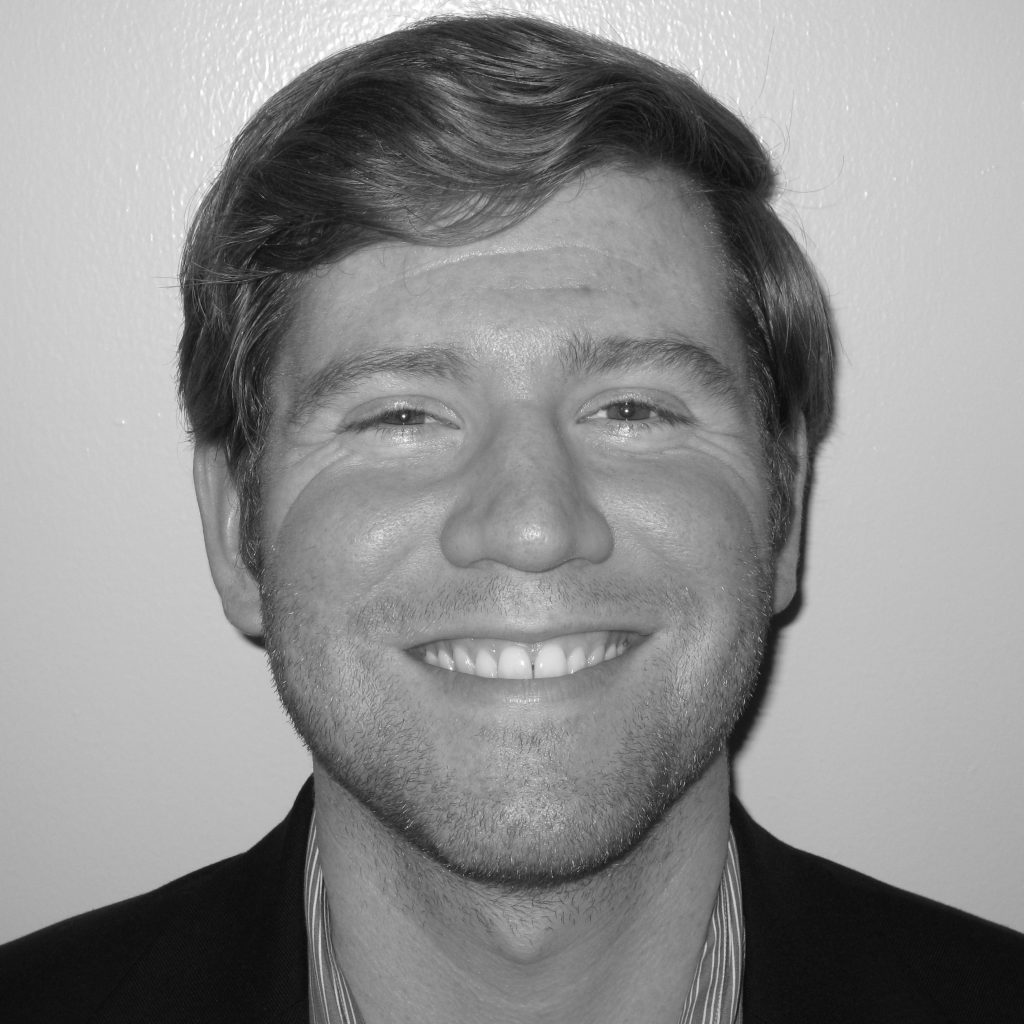


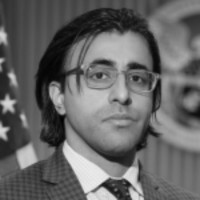
This set of talks examines, in a potentially deregulatory era, how the federal and state relationship could change with respect to regulation and operation of telecom networks. The new administration is expected to push for federal deregulation and, possibly, a reduction in size of federal agencies required to superintend regulation. In ACA Connects v. Bonta, the Ninth Circuit held that “only the invocation of federal regulatory authority can preempt state regulatory authority.” If federal deregulatory efforts succeed, what type of state regulatory activities might emerge? Further, there are calls to alter aspects of implementation of the Broadband Equity, Access, and Deployment (BEAD) program. With respect to BEAD, what changes – if any – are likely to emerge and are they likely to change how states implement the program? Are prospective changes advisable?
Break
Recognizing Student Leaders
Bandwidth … and the Future of Technology and Communications
- Dan Caruso — Keynote
Managing Director, Caruso Ventures

Lunch Break
@ Wolf Law Building, Schaden Commons
A catered lunch will be provided onsite.
The New Federalism
- Mihir Kshirsagar — Moderator
Clinic Director, Princeton University's Center for Information Technology Policy - Phil Weiser — Presenter
Attorney General, State of Colorado - Nicholas Degani — Panelist
Chief Strategist, Digital Progress Institute - David Don — Panelist
Senior Vice President, Public Policy, Comcast - Lisa Hone — Panelist
Chief Counsel (Minority), Energy & Commerce Committee, CMT Subcommittee - Chris Lewis — Panelist
President & CEO, Public Knowledge


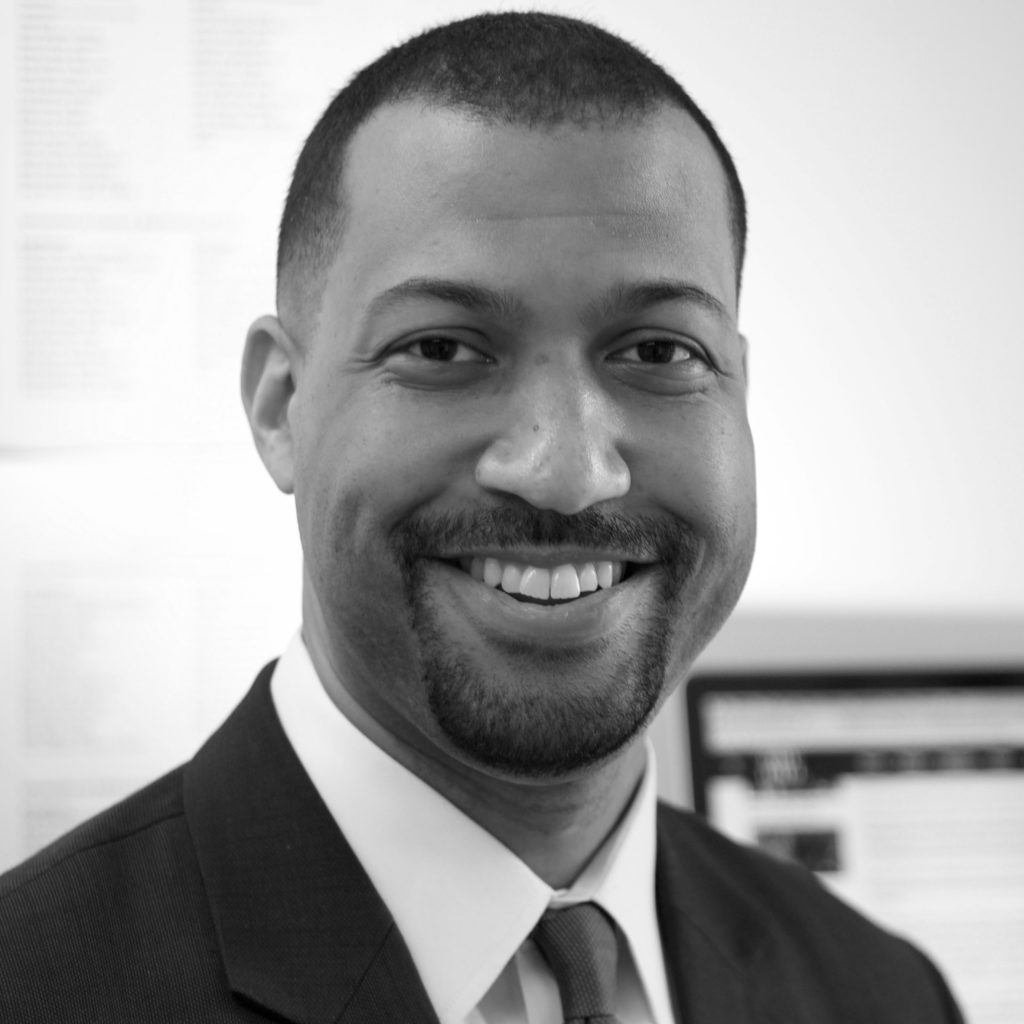
This set of talks explores the evolving role of U.S. states in the creation and enforcement of communications policies. With states stepping in where federal action is lacking, the panel explores how institutional competence can be expanded at the state level to address complex technology policy challenges. It will consider strategies for regulated companies to navigate this new patchwork of state-level policies, drawing lessons from past experiences. The panel will also discuss social media regulation, including the litigation against Meta, TikTok and associated matters.
Break
Models for AI Governance at the State Level
- Paul Ohm — Moderator
Professor of Law; Chief Data Officer, Georgetown University Law Center - Ellen Goodman — Presenter
Distinguished Professor, Rutgers Law School - Representative Brianna Titone — Presenter
State Representative, Colorado General Assembly - Adam Burrows — Panelist
Co-Founder and Managing Director, Range Ventures - Harry Surden — Panelist
Professor of Law, University of Colorado Law School - Richard Whitt — Panelist
President, GliaNet Alliance






This set of talks analyzes how the New Federalism applies to AI governance. As AI technology advances at a breakneck pace, regulatory frameworks at both the state and federal levels struggle to keep up. This panel will consider whether states, acting in lieu of federal legislation, are best positioned to regulate AI, and what models of governance—ranging from state-centric approaches to international collaborations—are emerging as potential solutions. In particular, how proactive and activist should states be with respect to AI regulation? Is a laissez faire model advisable, or are strong precautionary steps warranted? How should strategic considerations, such as commercial and military competition with China, figure into this calculus?
Break
Silicon Flatirons Annual Writing Competition Award
Sponsored by WilmerHale
Fireside Chat
- Brad Bernthal — Moderator
Executive Director (Outgoing) | Entrepreneurship Initiative Director, Silicon Flatirons - Alan Davidson
Former Assistant Secretary of Commerce and Administrator, National Telecommunications and Information Administration

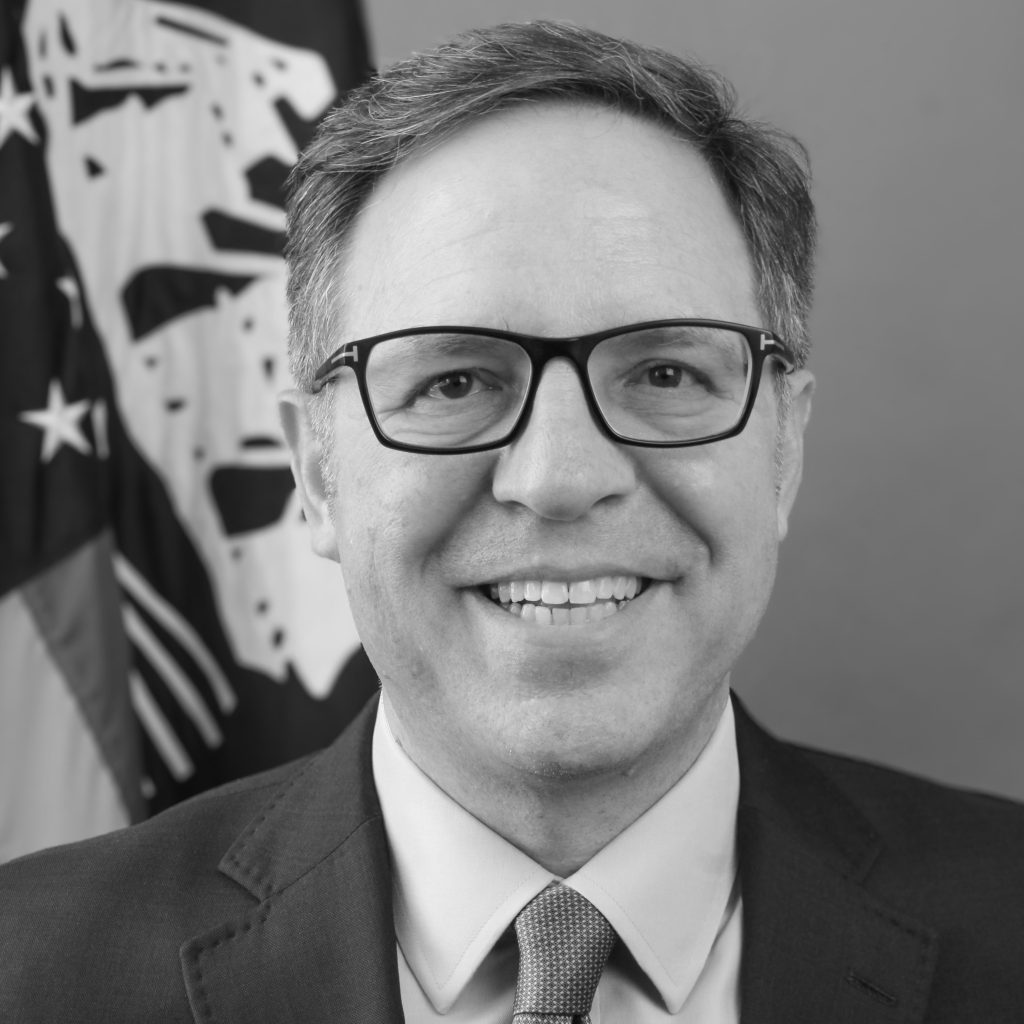
Debate: Resolved: Children under 16 should be banned from the Internet
Moderator
- Vivek Krishnamurthy — Associate Professor, University of Colorado Law School
For the Proposition
- Meg Leta Jones — Provost’s Distinguished Associate Professor, Georgetown University
- Zahra Takhshid — Assistant Professor of Law, University of Denver Sturm College of Law
Against the Proposition
- Paul Ohm — Professor of Law; Chief Data Officer, Georgetown University Law Center
- Blake E. Reid — Associate Professor of Law, University of Colorado Law School
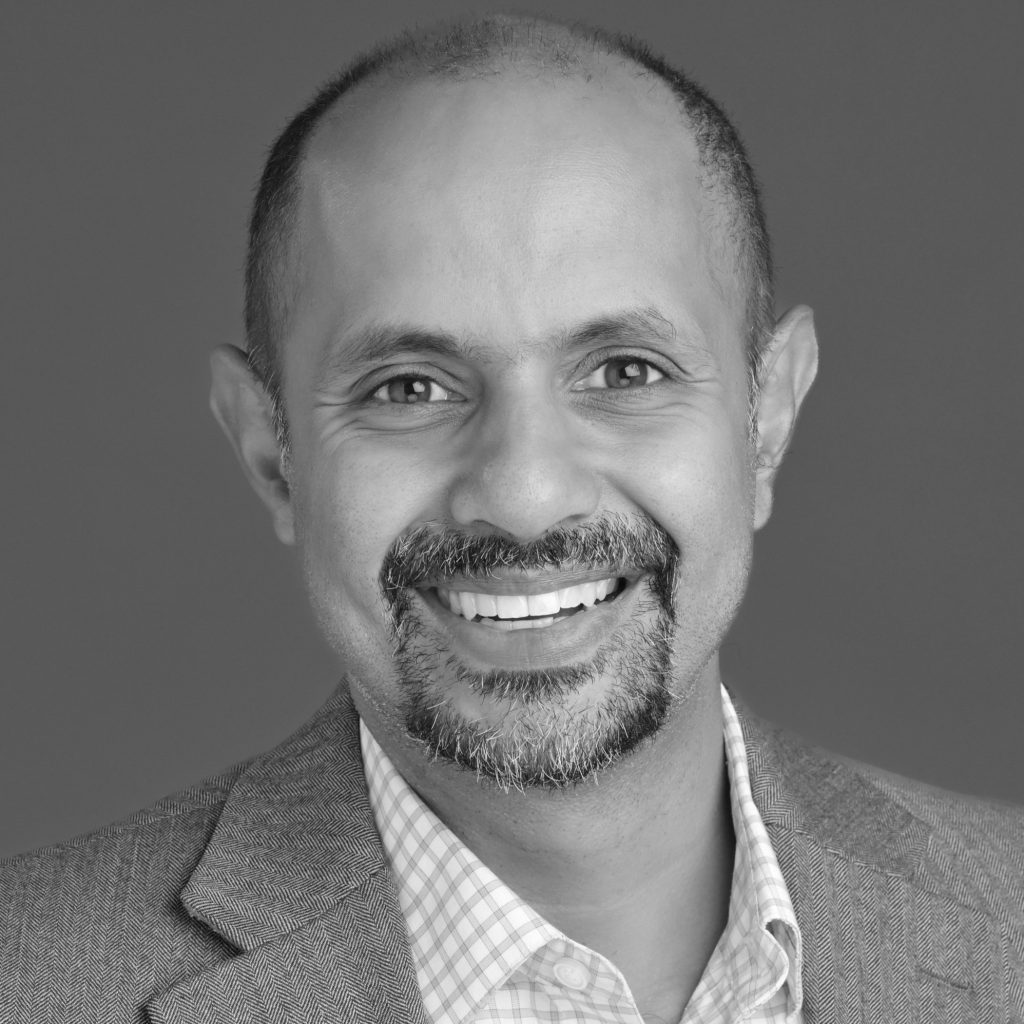

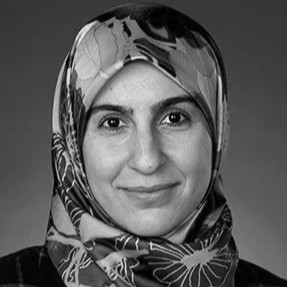


Reception
@ Wolf Law Building, Foyer and Boettcher Hall
After day one of the conference concludes, attendees and speakers are invited to Boettcher Hall for hors d’oeuvres, refreshments, and conversation.
Community Celebration and Awards Ceremony
@ Embassy Suites Boulder, Pearl Street Ballroom and Foyer
The Celebration brings together all parts of the Silicon Flatirons network – students, supporters, conference speakers, alumni, faculty, staff, and others – for an energetic evening to recognize people who move the meter for Silicon Flatirons. The event is on the evening of the first day of our upcoming Flagship Conference.
We look forward to a fun evening to celebrate Silicon Flatirons’ people and values. We hope that you will join us.
Day Two Check In and Breakfast
@ Wolf Law Building, Foyer and Boettcher Hall
Attendees are welcome to check-in and enjoy a continental breakfast buffet before the day’s programming gets underway.
Welcome
@ Wolf Law Building, Wittemyer Courtroom
- Brad Bernthal
Executive Director (Outgoing) | Entrepreneurship Initiative Director, Silicon Flatirons

AI x Right of Publicity and Federalism
- Blake E. Reid — Moderator
Associate Professor of Law, University of Colorado Law School - Zahra Takhshid — Presenter
Assistant Professor of Law, University of Denver Sturm College of Law - Annemarie Bridy — Panelist
Senior Copyright Counsel, Google - Mike Conover — Panelist
Founder and CEO, Brightwave - Margot Kaminski — Panelist
Professor, University of Colorado Law School





This set of talks explores whether state laws concerning right of publicity and likeness present significant challenges for AI companies and their large language models. This discussion will also contrast state level publicity laws with related federal regulations, such as the Telephone Consumer Protection Act (TCPA) and the FTC’s approach to impersonation.
Break
Public-Private Partnerships and Spectrum Policy
- John Chapin — Moderator
Senior Fellow, Silicon Flatirons - Ira Keltz — Presenter
Acting Chief / Office of Engineering and Technology, Federal Communications Commission - Hank Hultquist — Presenter
Vice President - Federal Regulatory, AT&T - Rob Alderfer — Panelist
VP, Technology Policy, Charter Communications - Shawn Bone — Panelist
Senior Director of Public Policy, Verizon - Monisha Ghosh — Panelist
Professor, University of Notre Dame

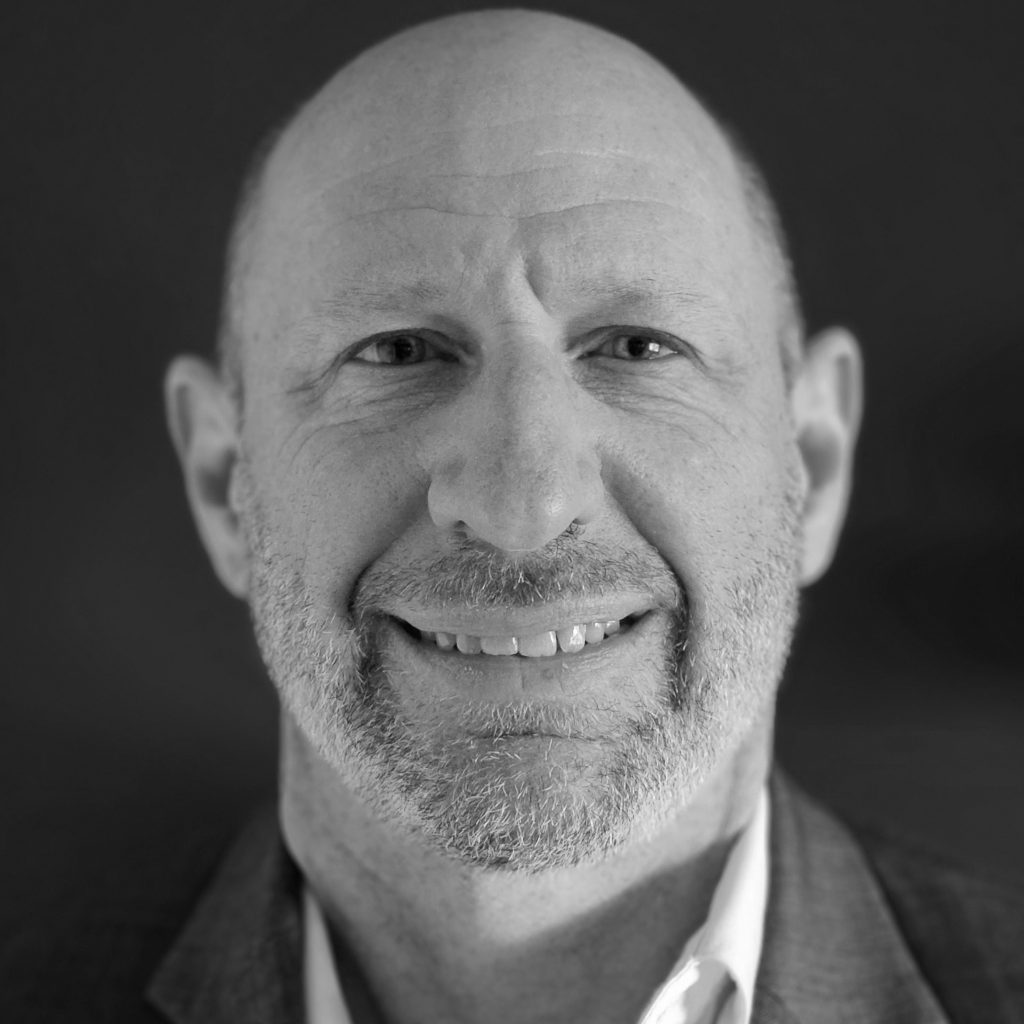




This set of conference talks and ensuing panel examines the role of public-private partnerships, with a specific focus on how effective these structures are at promoting equitable and efficient spectrum allocation. As demand for spectrum continues to rise, the panel will explore how government and private sector collaboration can be leveraged to address both spectrum scarcity and innovation needs. The case studies of Citizens Broadband Radio Service (CBRS) and FirstNet (First Responder Network Authority) will be considered.
Closing Remarks
- Brad Bernthal
Executive Director (Outgoing) | Entrepreneurship Initiative Director, Silicon Flatirons

Space Policy Luncheon
@ Wolf Law Building, Room 204
- Keith Gremban — Moderator
Research Professor, University of Colorado - Angel Abbud-Madrid — Panelist
Director, Space Resources Program, Colorado School of Mines - Sophia Galleher — Panelist
National Security Associate, Wilson Sonsini Goodrich & Rosati - Al Gasiewski — Panelist
Professor of Electrical and Computer Engineering, University of Colorado Boulder - Siamak Hesar — Panelist
CEO, Kayhan Space
This optional luncheon, at the conclusion of the Conference, examines issues in space law and policy, including challenges to modernize space regulation within the United States, spectrum issues, and issues concerning space sustainability.
